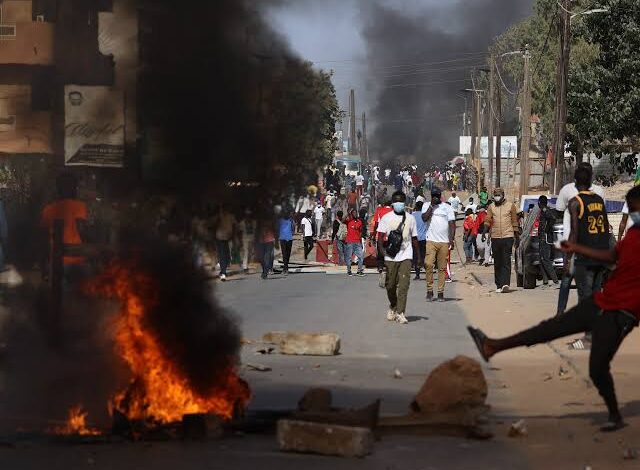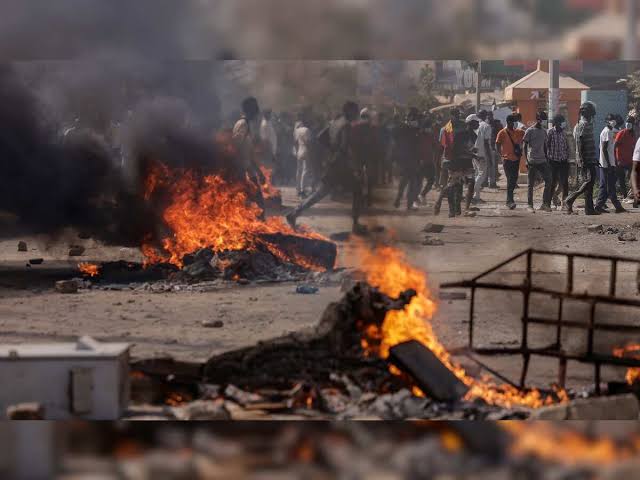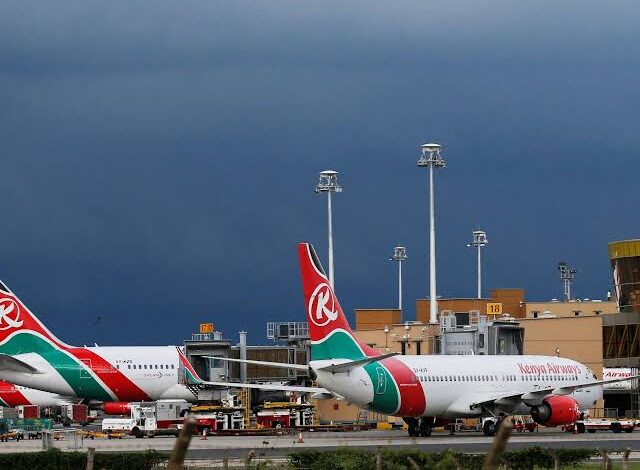
Faith Nyasuguta
Senegal’s Constitutional Council has invalidated President Macky Sall’s decree postponing the presidential election from February 25 to December, ruling it unconstitutional.
The National Assembly’s decision to reschedule for December 15 was also deemed contrary to the constitution. The political turmoil caused by the postponement raises uncertainty about whether the election can proceed as initially scheduled.
Opposition leaders had rejected the delay, leading to violent clashes and arrests. The election has been marked by controversies, including deadly protests and the disqualification of two opposition leaders, further deepening political tensions in Senegal.
President Macky Sall, in an interview with The Associated Press last week, declined to comment on whether he would accept the court’s decision if it rejected the delay.
The ruling by Senegal’s Constitutional Council brings the electoral process into question, leaving it unclear if the election will proceed as initially planned or if more time will be needed for political campaigns.
Sall had postponed the election just hours before campaigns were set to begin, citing a dispute between the judiciary and the legislature over the final list of candidates and concerns about the dual nationality of some candidates.
The opposition rejected the postponement, leading to protests, clashes with security forces, arrests, and mobile internet cuts. These events have disrupted the typically stable political environment in Senegal.
This year’s election, which saw Sall announce he would not seek a third term after deadly protests, has faced various challenges. Two opposition leaders were disqualified, and the opposition accused Sall of attempting to extend his stay in power, which he denied.

The president explained that he postponed the vote to prevent the country from facing “major difficulties” due to the electoral dispute.
The Constitutional Council, in its judgment, stated that both the presidential decree and the National Assembly’s decision were unconstitutional. It called for the competent authorities to organize the presidential election as soon as possible, acknowledging the impossibility of holding it on the initially planned date.
The ruling adds complexity to Senegal’s political landscape, and the response from President Macky Sall is awaited. The situation highlights the challenges of conducting a smooth electoral process and maintaining political stability in the face of disputes and opposition concerns.
Senegal, known for its stability in a region marked by political volatility, is navigating a critical period as it works to resolve these issues and proceed with a legitimate and accepted electoral process.
RELATED:




